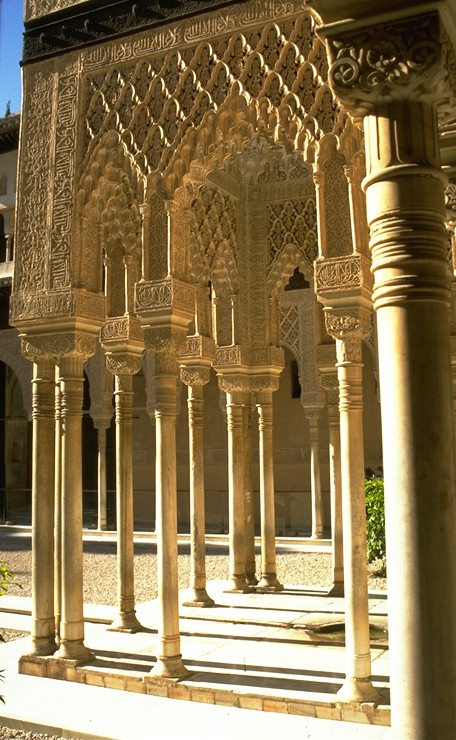

None of the great figures of history is so poorly appreciated in the West as Muhammad. Western writers have mostly been prone to believe the worst of Muhammad, and, wherever an objectionable interpretation of an act seemed plausible, have tended to accept it as fact.
Muhammad at Mecca (1953)
A false prophet appeared among them . . . who, having casually been exposed to the Old and the New Testaments and supposedly encountered an Arian monk, formed a heresy of his own. . . . he managed to make the people think of him as a God-fearing fellow, he spread rumors that a Scripture was brought down to him from heaven. Thus, having draughted some pronouncements in his book, worthy of laughter, he handed it down to them in order that they might comply with it.
John of Damascus (7th. c. A. D.)
When he (Muhammad) went to Palestine he lived with both Jews and Christians, and hunted for certain writings among them. He had an epileptic seizure, and when his wife noticed this she became very distressed, for she was noble and had now been joined to a man who was not only helpless but epileptic as well.
Theophanes (8th c. A.D.)
Mohammed was diametrically opposed to Christ, both in his religious teaching and in his practical aims. . . . Islam historically proved itself anti-Christian, because Mohammed personally was an Antichrist.
Mohammed & Mohammedism (1889)
Timothy (Nestorian Christian, 8th c.)

If we judge greatness by influence, he was one of the giants of history. He undertook to raise the spiritual and moral level of a people harassed into barbarism by heat and foodless wastes, and he succeeded more completely than any other reformer. . . . . When he began, Arabia was a desert flotsam of idolatrous tribes; when he died it was a nation.
Will Durant, The Age of Faith (1950)
The Saracens [Arabs, later the term for all Muslims] . . . in a brief space of time laid waste to whatever the could find, like rapacious kites. . . . All alike are warriors of equal rank, half nude, clad in dyed cloaks as far as the loins, ranging widely with the help of swift horses and slender camels in times of peace or of disorder. No man ever grasps a plough-handle or cultivates a tree, none seeks a living by tilling the soil, but they rove continually over wide and extensive tracts.
Ammianus Marcellinus (4th c. A.D.)